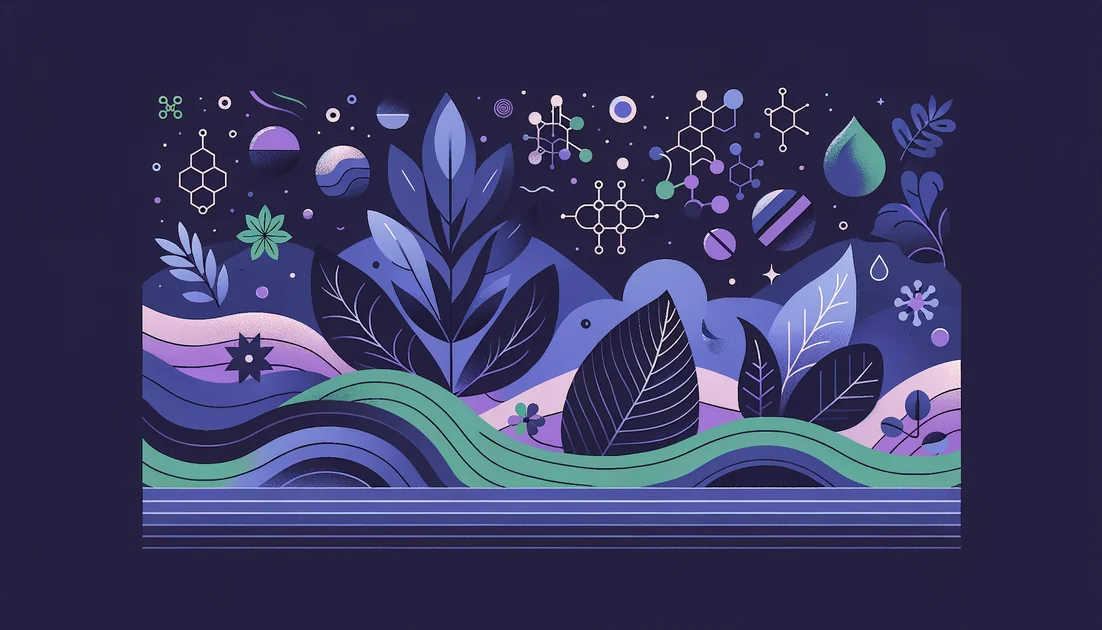
Top 8 Evidence-Based Recommendations
We sifted 60+ human trials and meta-analyses and ranked supplements by real effect sizes, safety, and practicality—not hype or affiliate payouts. Every claim maps to a study you can check.
Quick Reference Card
Citicoline 250–500 mg AM (4–12 weeks) [4][5]
Panax ginseng 200–400 mg, acute [8][9]
L-Tyrosine 100–150 mg/kg pre-stress [10][11]
Ranked Recommendations
#1Caffeine + L-theanineTop Choice
Calm focus in 30–60 minutes—no jitters, fewer errors.
Dose: Caffeine 75–150 mg + L-theanine 100–200 mg, 30–60 min before deep work/exams.
Time to Effect: 30–120 minutes
How It Works
Evidence
Test days, presentations, time-boxed sprints.
Late-day use can impair sleep; track total caffeine intake.
Use 2:1 theanine:caffeine (e.g., 200:100 mg) for 'calm energy.' Split doses for multi-hour exams.
#2Citicoline (CDP-choline)Strong Alternative
Clean attentional drive; supports membranes and acetylcholine.
Dose: 250–500 mg in the morning; 12 weeks for memory, 4 weeks for attention.
Time to Effect: Attention: ~4 weeks; memory in older AAMI adults: 8–12 weeks.
How It Works
Evidence
Distractibility, long study sessions, low-choline diets.
Generally well tolerated; rare headache/GI upset.
If stacking with bacopa, take citicoline in AM and bacopa with food later.
#3Bacopa monnieri (standardized extract)Worth Considering
Memory builder that actually needs time.
Dose: 300 mg/day standardized to ~45–55% bacosides, with meals, for 12 weeks.
Time to Effect: 4–6 weeks for recall; 8–12 weeks for fuller effects.
How It Works
Evidence
Names/facts recall, cumulative learning blocks.
Can cause nausea/loose stools if taken fasted.
Use a verified extract (e.g., CDRI-08/BacoMind). Stay consistent for a full term.
#4Creatine monohydrate
Brain ATP buffer—especially helpful when sleep-deprived.
Dose: 3–5 g/day; no loading needed.
Time to Effect: 1–4 weeks; faster under sleep loss/stress.
How It Works
Raises brain phosphocreatine to stabilize energy during demanding tasks; may aid working memory under strain.[3]
Evidence
Large crossover RCT found small but real benefits on working memory with 5 g/day for 6 weeks; best signal under cognitive stress.[3]
All-nighters, heavy training + studying, vegetarians/vegans.
Water weight, rare GI upset—take with meals.
Creatine monohydrate is the form with best evidence and value.
#5Panax ginseng (G115 or P. quinquefolius)
Acute working-memory lift—hours, not weeks.
Dose: 200–400 mg standardized extract, 1–3 hours before tasks.
Time to Effect: 1–3 hours
How It Works
Evidence
Presentations, problem-sets, short sprints.
Insomnia if taken late; may interact with anticoagulants.
Test your dose on a low-stakes day; effects are transient.
#6L-Tyrosine
Stress-shield for working memory when the pressure's on.
Dose: 100–150 mg/kg 60 minutes pre-stress (or 1.5–2 g for typical adult) as needed.
Time to Effect: 60–120 minutes (situational)
How It Works
Evidence
High-stress exams, back-to-back tasks, sleep restriction.
Avoid with MAOIs or uncontrolled thyroid disease.
Use situationally, not daily; pair with theanine for smoother arousal.
#7DHA-focused omega-3
Fills a common gap; modest benefits if you're low in DHA.
Dose: 500–1,000 mg DHA/day with food for 3–6 months.
Time to Effect: 8–24 weeks
How It Works
Evidence
Low fish intake, vegetarians, heavy screen time/eye strain.
Fishy burps; theoretical bleeding risk at high doses.
Choose triglyceride or rTG oils with ≥500 mg DHA per serving.
#8Magnesium L-threonate (emerging)
Promising for older or stressed brains; evidence still mixed.
Dose: Mg L-threonate providing ~1.5–2 g MgT/day for 8–12 weeks.
Time to Effect: 4–12 weeks
How It Works
May raise brain Mg2+ and support synaptic density; human data show improvements mainly in older adults with complaints.[14]
Evidence
Mid-life/older professionals with 'brain fog.'
Stick to L-threonate; other forms haven't shown cognitive benefits.
If sleep is an issue, take in the evening and ensure total Mg ~200–400 mg/day from all sources.
Common Questions
What works fastest for focus?
Caffeine + L-theanine (30–60 min) and Panax ginseng (1–3 h) have acute data; tyrosine helps under stress only.[1][8][10]
Best long-game memory booster?
Bacopa (12 weeks) and citicoline (8–12 weeks) have the strongest recall/episodic memory data.[6][5]
Can I stack bacopa and citicoline?
Yes—different mechanisms; use citicoline AM, bacopa with food. Expect benefits in 8–12 weeks.[4][6]
Do omega-3s help if I already eat fish?
Probably little; benefits show up when baseline DHA is low.[12][13]
Is magnesium threonate better than glycinate for cognition?
For cognition, only threonate has human RCT signals; others help sleep/anxiety more than memory.[14]
Timeline Expectations
Combination Strategies
Exam-Day Calm Focus Stack
Components:Caffeine 100 mg + L-theanine 200 mg + L-tyrosine 1.5–2 g
Combines arousal (caffeine) with reduced jitter (theanine) and stress-resilience for working memory (tyrosine). RCTs/meta show acute attention benefits and stress buffering.[1][2][10][11]
Take all 45–60 min pre-exam; avoid additional caffeine later to protect sleep.
Deep-Work Memory Stack
Components:Bacopa 300 mg (55% bacosides) + Citicoline 500 mg
Bacopa builds encoding/recall over weeks; citicoline supports attentional control and membrane repair—complementary, non-overlapping mechanisms.[6][7][4][5]
Citicoline with breakfast; bacopa with lunch/dinner for 12 weeks.
You might also like
Explore more of our evidence-led investigations, comparisons, and guides across every article style.
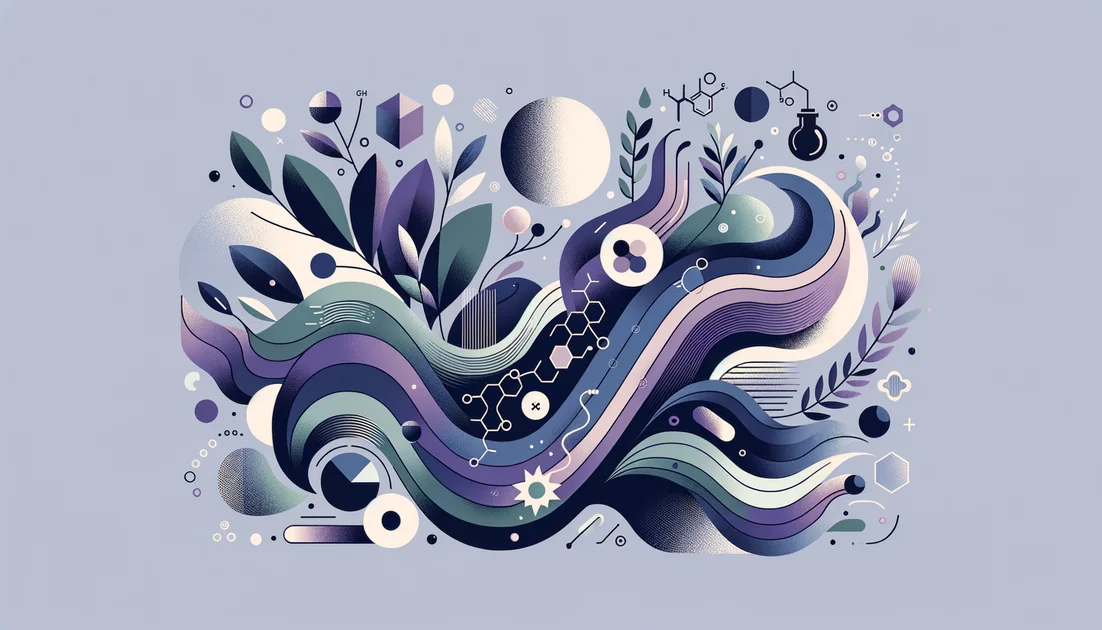
Nature's Truth
Nature's Truth: Retail leader with selective third-party certifications—and a transparency gap
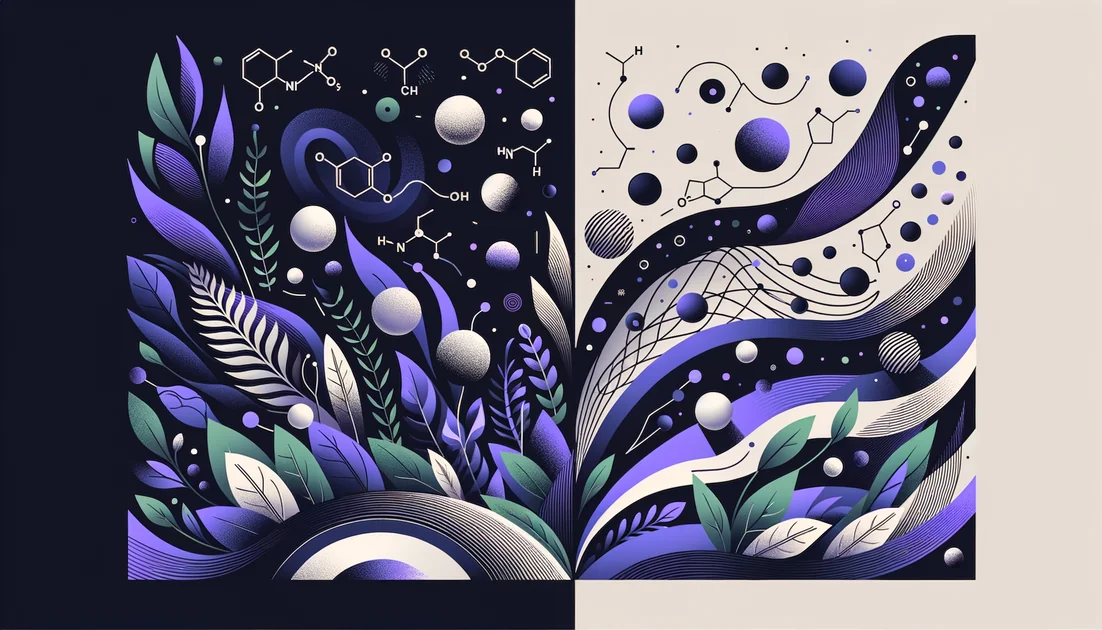
L-Theanine vs GABA (gamma-aminobutyric acid)
For calm without sedation, choose L-theanine; it reliably shifts brain activity toward relaxed alertness and has better central access. GABA can feel calming for some but evidence is limited and it's more likely to sedate. [2][7][8]
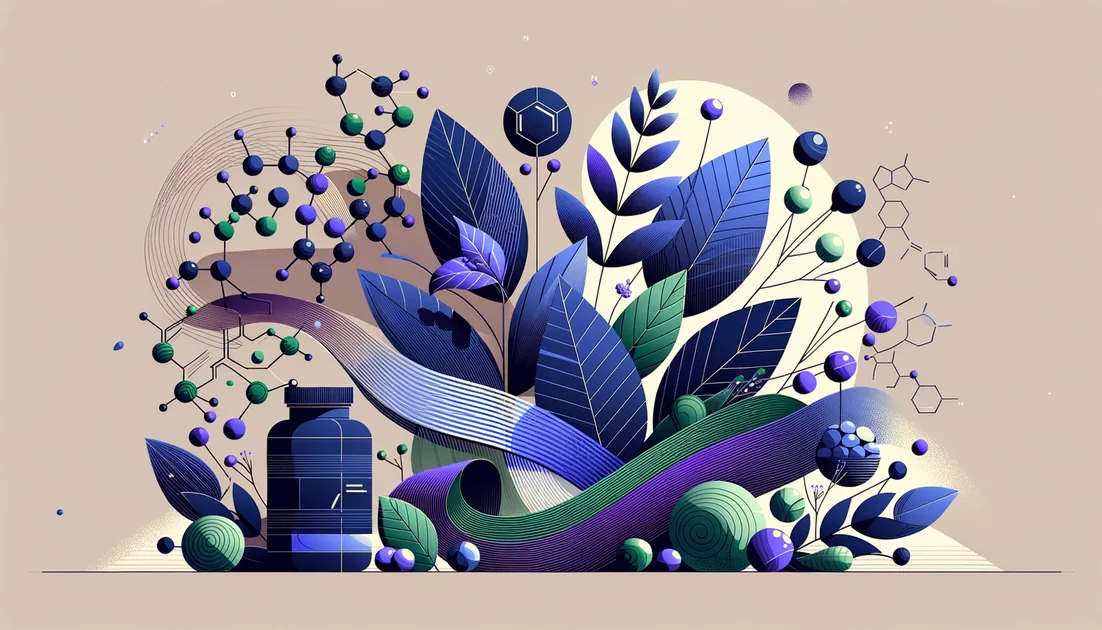
Best for Weight loss
Green tea catechins + caffeine
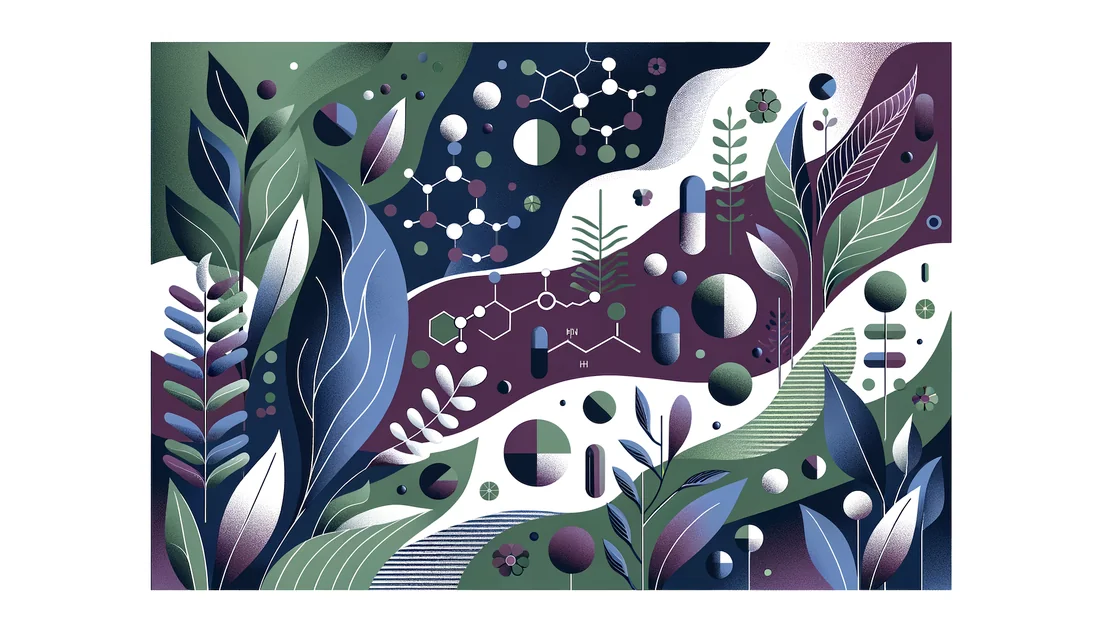
Iron
In 19th-century clinics, pale teenagers were diagnosed with "green sickness," a languor so common it earned its own pills—iron salts that often turned the tide. Today, you might sip coffee at your desk and feel a quieter version of the same story: the body's oxygen courier running low, not from drama, but from modern habits and biology's iron gatekeeper. [5][6]
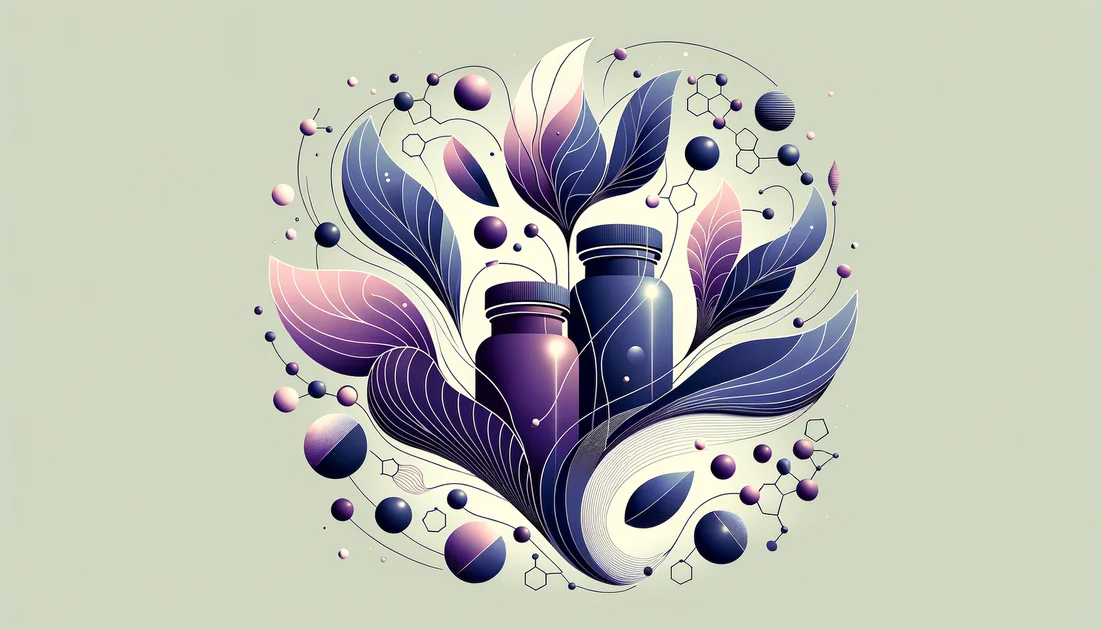

Tocotrienols
The stealthier cousins of vitamin E—built with springy tails that move differently in cell membranes and behave differently in your body.













